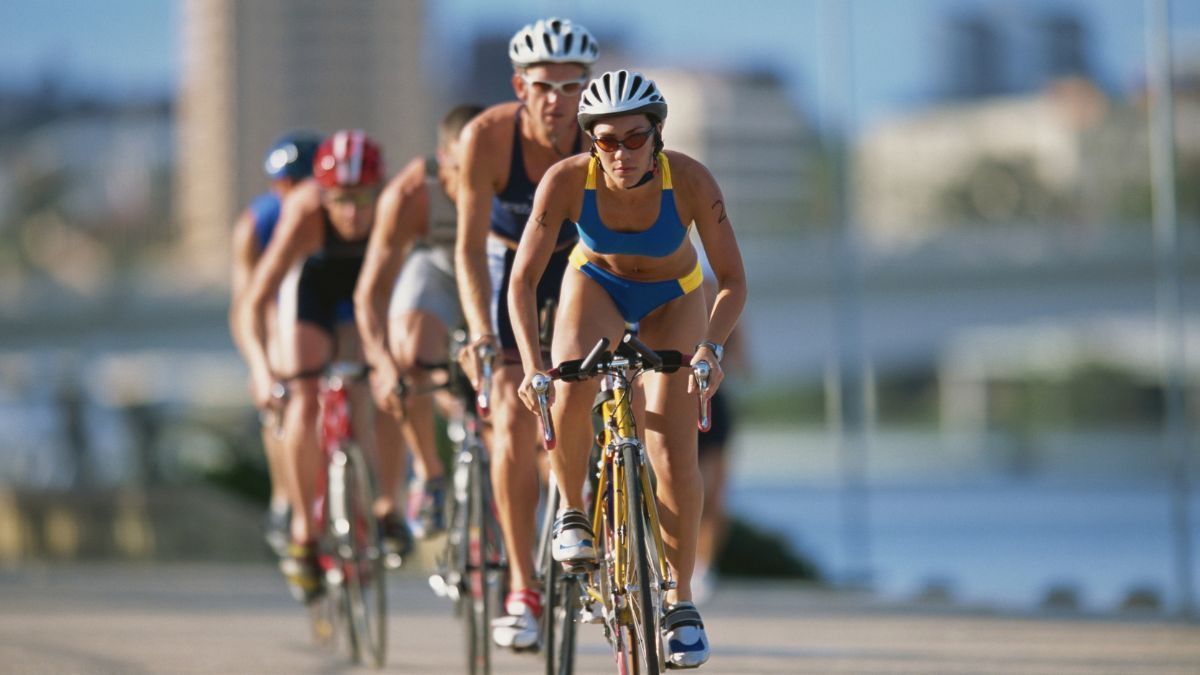Cannabidiol: ally in athletic recovery or doping risk?
Brazilian researchers analyze the benefits of cannabidiol for athletes and the regulatory challenges that put careers at risk due to contamination by prohibited substances
Published on 10/18/2025

an article by Brazilian researchers reveals a paradox: despite being allowed, the use of CBD for athletes in Brazil involves a high risk of contamination by tetrahydrocannabinol (THC), placing them between therapeutic innovation and a doping violation.
Cannabidiol (CBD) emerges as a potent ally in athletes' recovery, sleep, and anxiety control. However, an article by Brazilian researchers reveals a paradox: despite being allowed, the use of CBD for athletes in Brazil involves a high risk of contamination by tetrahydrocannabinol (THC), placing them between therapeutic innovation and a doping violation.
The study, entitled "Cannabidiol in Sports: A Brazilian Perspective", suggests that CBD offers an indirect ergogenic effect. In other words, it does not directly improve performance, but optimizes conditions for the athlete to train and compete in their best state.
This would happen through improved sleep quality, reduced pre-competition anxiety, and accelerated muscle recovery. In addition, cannabidiol emerges as a safer alternative to opioids and nonsteroidal anti-inflammatory drugs (NSAIDs), commonly used for managing chronic pain.
Despite the therapeutic potential, the scenario is complex. The World Anti-Doping Agency's principle of "strict liability" considers the athlete 100% responsible for any prohibited substance found in their body, regardless of intent.
The danger is real. According to an analysis in the article, four out of 11 CBD products on the market contained THC at levels sufficient to exceed the limit allowed by WADA. This turns the use of CBD for athletes into a high-risk decision.
Cultural and regulatory barriers in Brazil
According to the physician and co-author of the study, Dr. Aderbal Aguiar, the main challenges are cultural and regulatory, not scientific. "The prescribing physician needs to have a deep understanding of the product being recommended—its origin, batch, and certifications—to avoid any inadvertent doping rule violations," he warns.
Aguiar points out that the National Health Surveillance Agency (Anvisa) still classifies cannabidiol in a similar logic to dangerous substances. "CBD is a psychotropic because it acts on the central nervous system, but it is not psychoactive. Its improper classification imposes unnecessary barriers to clinical use," he explains.

The physician and researcher Dr. Jimmy Fardin, also an article author, reinforces the stigma barrier. "The vast majority of sports clubs and federations do not trust the products and are afraid of being accused in doping tests, besides not having knowledge about the potential of cannabis," he states.
Potential use of CBD for athletes
Interest in CBD for athletes is growing as more professionals seek solutions for the strains of high performance. According to Dr. Fardin, most could benefit, treating everything from chronic inflammations and pains to insomnia and anxiety.
"Boxing athletes, who suffer cranial traumas, can also reduce chronic neuroinflammation according to recent studies," details Fardin. However, the challenge lies in robust scientific evidence, as most studies are done with amateurs.
The Path to Safe and Effective Use
For CBD to be safely integrated into Brazilian sports, the authors recommend more research, product standardization, and educational programs. Certification of purity is essential to ensure the absence of THC.
A solution, according to Dr. Fardin, would be to create "partnerships with universities that already perform product analysis certification tests". The success of cannabidiol in sports medicine will depend on a joint effort to overcome quality, evidence, and, above all, prejudice barriers.








